Jul 26, 2022
context paragraph
How to Spot Context Clues in a Paragraph?
While reading, it is almost impossible to understand the meaning of a paragraph without using the clues for meaning located in the context of that paragraph. Sometimes, the context clues can be very easily spotted and the reading and understanding of a particular text may seem easy. However, in some texts, locating context clues even within a single paragraph can be a daunting task.
In such texts, the reader has to pay close attention to every detail within a paragraph so that he or she does not miss even the most minor context clues necessary for the understanding of that paragraph. Here are a few tips to locate context clues in paragraphs where just giving a single read to the text is not helpful for the readers’ understanding:
Try to Relate the Paragraph to Its Neighboring Text
Sometimes, the ideas written in a paragraph cannot be completely understood unless they are seen in relation to the text in paragraphs preceding and following it. Therefore, it is necessary to always read the text in the right sequence for its clearer understanding and never skipping any portion of a text while reading it. If you are unable to locate context clues in a paragraph, going through the paragraphs above and below it will help in its understanding.
Ask Questions from Yourself
One way to locate context clues in a paragraph is by asking yourself some basic Wh- questions after reading it. Answering those questions can easily help you find the hidden clues within a paragraph.
Read Between the Lines
Sometimes, the author plays with the words and indirect connotations to convey a particular meaning. It is always preferable to try to understand what a particular word choice and sentence structure within a paragraph might be conveying. Reading between the lines is always a great way to locate indirect contextual clues in all the texts.
1. After spending the week with him, Jenny told her mother, it was confirmed―Uncle Cedric
was definitely eccentric. He let his German Shepherd sit at the table at dinner time; he refused
to eat anything that was yellow; and he called his refrigerator Betsy.
What does it mean? _____________________________________________
2. There have been a great many atrocities in history. Some people cite the holocaust in
Europe, and others the genocide in Rwanda. But there are many examples as, unfortunately,
people have been committing atrocities all throughout human history.
What does it mean? ____________________________
3. Even though her ankle was not broken, at the moment of impact, Helen found the pain to be
excruciating. She cried out and dropped to the ground, her eyes squeezed tightly shut, waiting
for the first waves of agony to subside. When they did, she began to crawl towards the house,
all the time wondering if she would be able to make it up the stairs by herself.
What does it mean? _________________________________________
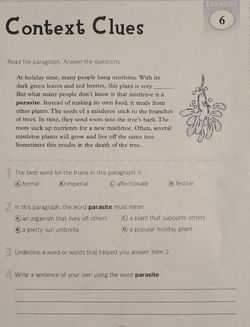
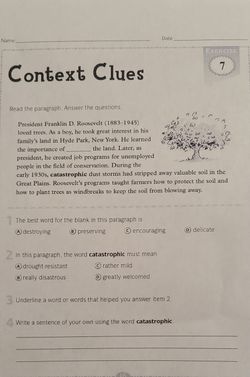
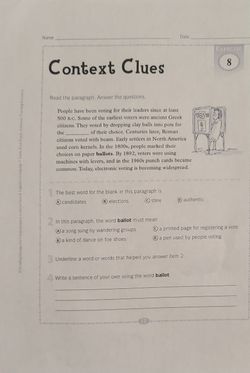
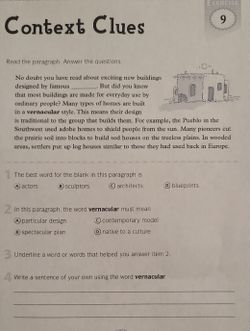
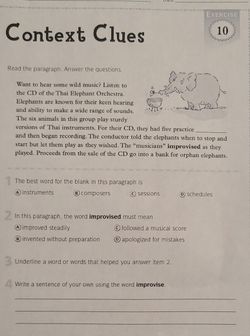
By undefined
13 notes ・ 106 views
Korean
Upper Intermediate